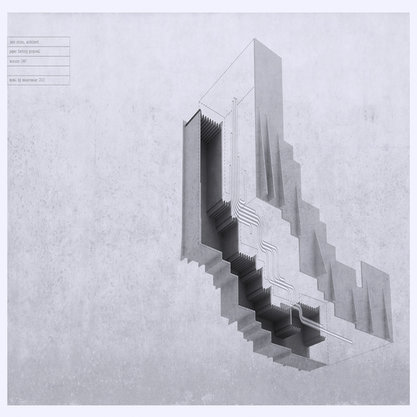Article
Abdel Sabour, Salah (1931–1981) By Hammouda, Sally
Article
Salah Abdel Sabour (also Abd-al Sabur) is an Egyptian writer, poet, and playwright. He is considered a pioneer of modern Arabic poetry and a prominent figure in Arabic modernism and the Arabic free verse movement.
Born in a small town in the Eastern Delta of Egypt in 1931, Abdel Sabour showed an interest in literature at a young age. He began writing verse at the tender age of thirteen. His talent reached full maturity by the 1950’s. Though his regular education enabled him to develop an appreciation for the long tradition of classical Arabic poetry, his modern sensibility was sharpened through readings in European poetry, especially that of symbolists Rilke and Baudelaire, and the English poetry of Donne, Yeats, Keats and T.S. Eliot. He was also influenced by prominent Arab Sufis such as Al-Mutanabbi, and Persian mystic poet and Sufi writer Mansur Al-Hallaj.
He graduated from the Department of Arabic Language, at the Faculty of Arts, Cairo University, in 1951. In 1957 his first collection of poetry Al-Nass Fi Biladi [People of my Country] using free verse was published, catapulting the poet into fame. It caught both readers’ and critics’ attention alike for its use of unique imagery and everyday common language. It broke away from the constricting rigid structure of Arabic classical poetry.


